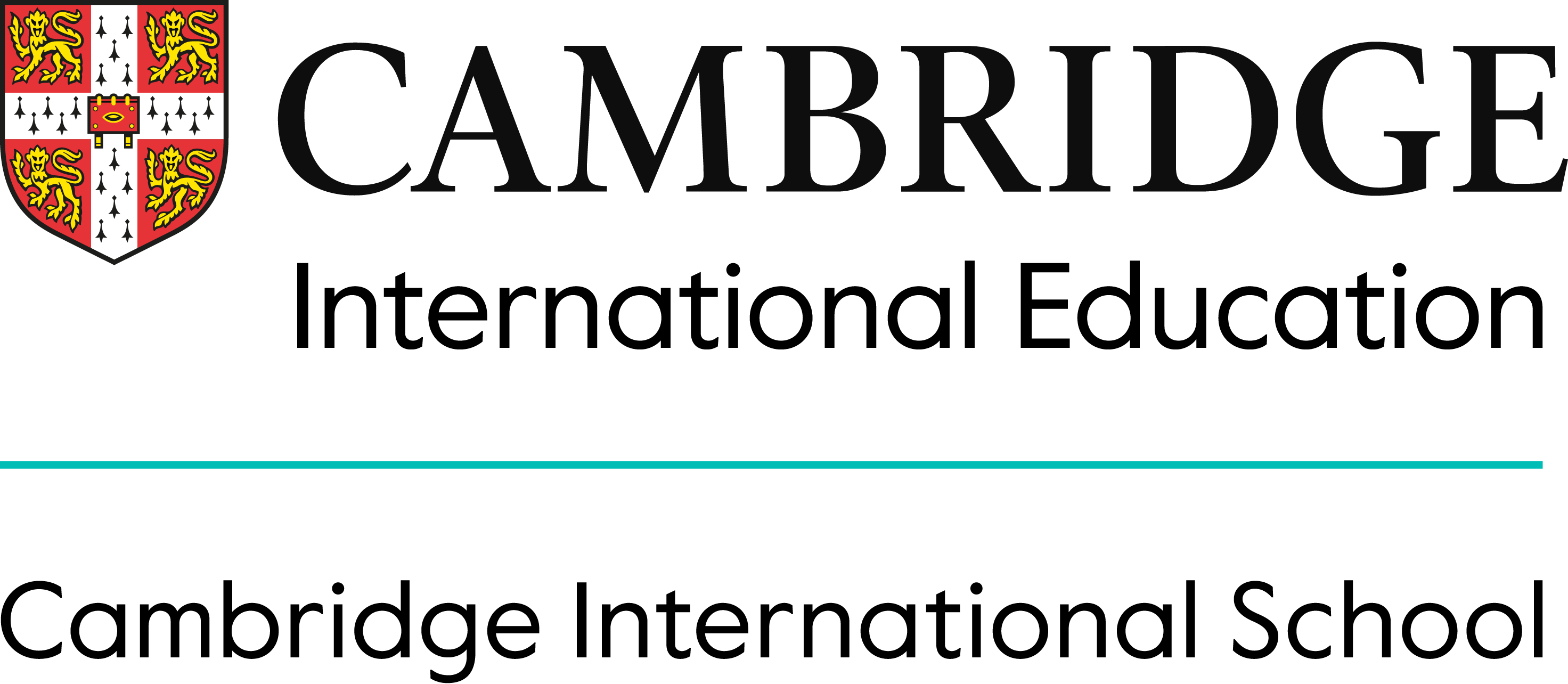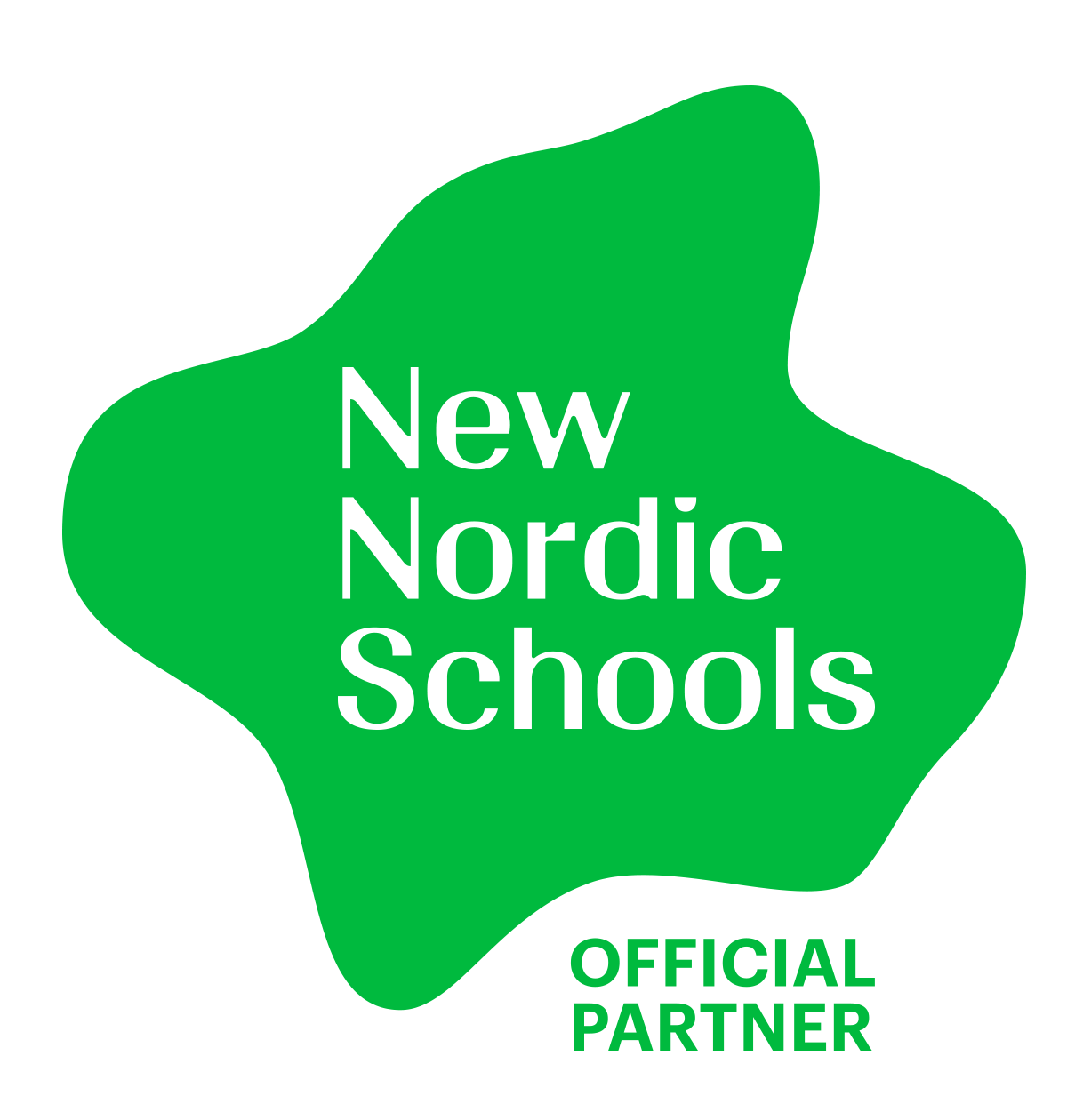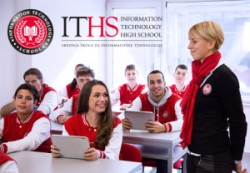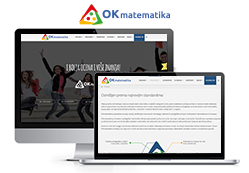
Why is it good for students to switch teachers?
Sasa Zdravkovic / / Blog, I-IV, Kombinovani, Nacionalni, V-VIII / September 10, 2020
Why is it good for students to switch teachers?
Practices in Primary School Savremena
Not so long ago, teachers were assigned to a post and their place of residence changed with each new post. It was a common practice in Serbia. A teacher was someone who trained to transfer knowledge and educate children from the first day of school until they moved into upper primary on their way to primary school graduation.
In other words – to teach children to read and write and prepare them for further education and life in general, to lay the foundations for acquiring life skills and knowledge for those who come to school without any prior knowledge, that was the job of the teacher.
Teachers did not choose their students, and children did not choose teachers. Life was slower, every job was done more thoroughly, and teachers were respected and appreciated by students, parents, but also by society as the pillars of education and upbringing. Education received during the first four years of primary school laid the foundations for students’ entire life and life choices.
A teacher was hired and appointed by the founder of a school (state or municipality) according to their assessment, which we may assume was for the benefit of the education system, where he/she was needed. There are many bright examples of great teachers whose commitment managed to shake up their small and stagnant communities and initiate the development of the entire region where they were employed.
Bad solutions are often used in practice nowadays
It is clear those times are long gone. Not only because of the decades behind us, but also because of rapid changes that have taken place all over the world. The pace of life has accelerated, urban population is growing, there are almost no students in rural schools, and the teaching profession has undergone great changes. Teachers were allowed to choose a school where they wanted to work, parents began choosing teachers for their children, and schools began to lose their independence in decisions concerning the formation of classes and student assignation according to the teacher’s profile. Environments where the teaching profession is valued as it should be are now few. And everyone who participates in the creation of the education process has contributed to this negative trend. Although the teaching profession should undergo modernisation due to rapid changes in society, the fact is bad solutions are often used in practice.
Avoiding risk altogether and taking the line of least resistance is what brings about bad solutions, so classes of first-graders are always given to teachers who just parted with their fourth-graders, while teachers who retire or those on sick leave are replaced by substitute teachers who are available at the moment, or have no other commitments. We should also talk about the real motives for choosing to become a teacher if we want to mention all the reasons for the degradation of this honourable profession.
The education system must catch up with reality and new forms of literacy, and students need a mentor
Modern age has brought easy, negotiated and ‘comfortable’ solutions to our education system which are increasingly influenced by social circumstances, available staff, parents’ wishes, but also arrogance of individuals who are often indifferent and insensible to the well-being of the community – school, society, children, etc. What additionally exacerbates the situation is the repeated implementation of once adopted solutions, even when their usefulness has long expired. What is the result of these circumstances?
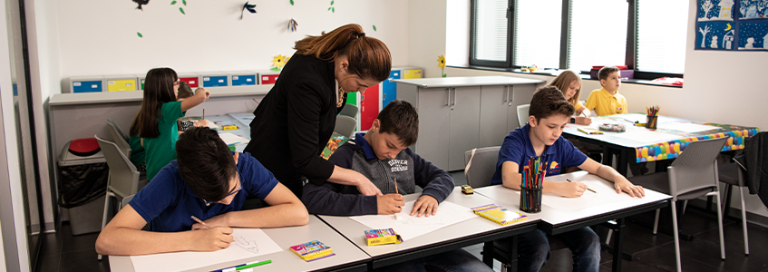
For decades, we have witnessed that education has had great difficulties in adapting to changes. Many reforms have begun in the last twenty years, and one gets the impression that none of them has been completed. It seems as if the challenges of the modern age far exceed the ability of the education system to change faster, more thoroughly and more efficiently. Same as many other global challenges, this one can be solved in micro-environments, i.e. in those places where it depends on individuals and smaller groups. Every school, as a small autonomous system, can educate its own teachers, adapt teaching methods, and provide period-appropriate teaching aids. Private schools certainly have an advantage here. In addition to management, another important element in this approach are the “pillars” on which changes and their realisation rest. These “pillars” are teachers ready to accept the challenges of the modern age, and needs of new education, and ready to apply them day after day, educating and developing both themselves and their students so as to get ready for the future in the best way possible. The first among teachers are class teachers. They are the first to welcome first-graders and guide them through functional, narrative, algorithmic, team, statistic and creative literacy for the next four years.
These new forms of literacy we are talking about are focused on teachers’ and students’ competencies and they rightly ask the question whether everything can be learned, and whether the multidisciplinarity of teacher education faculties is enough to cover all these areas of the teaching profession, or if there is something else, something unique, a special talent each of us possesses to a greater extent than others.
In order to put to use all the resources in our small environment (school) to realise education of the new age, we will have to reach for this solution which may be easier to justify than accept: let all the children in one school be taught by all teachers in that school. Isn’t that wonderful?
The role of the teacher in the modern age greatly differs from the traditional role which may be applicable only in preschool and during the first grade until children acquire basic literacy. Instead of a teacher who merely transfers knowledge, students need a teacher whose competencies will help them to acquire, select and systematise knowledge on their own, as well as make it usable. The meaning of learning has changed, and today, we can define it as an independent selection of facts, asking the right questions, acquiring problem-solving skills, etc. Despite the fact that knowledge is more accessible than ever before, teachers are also more needed than before. Students need a mentor, a guide through knowledge bases, and a life skills coach.
Same as in Finland, children in Primary School Savremena get new teachers every year who are specialised for a particular grade
Practice shows that having several lecturers is better for students, and that children make more progress with a team of teachers. Ever since its foundation, Primary School Savremena has been a pioneer in many areas of primary education, and insists on discovering and improving the special talents of its students. Why should teachers be an exception? In the previous school year, we offered numerous school clubs to our junior students, in addition to standard ones. Most students opted for robotics, mathematical-logical games, cooking, dance club, and English drama club, and a whole class became members of the school choir. All these clubs were run by teachers who possess these skills themselves, and the results were fantastic. Teachers responsible for school clubs coached students whom they don’t normally teach, so all students and teachers in our school have met and worked together throughout the school year.
A few months ago, I followed a feature story written by a teacher chosen among the 50 best educators in Serbia about schools in Finland, which she visited last winter. Modest, efficient, well-organised and hard-working, the Finns are far ahead in educational solutions for the modern age. What I would particularly like to underline is the fact that in many primary schools in Finland, teachers specialise for a particular grade, so children get new teachers every year. This idea, slightly adapted, has proved successful in our school as well, through the organisation of school clubs in junior grades.
Children have an advantage, because they learn to adapt to different personality types. They learn that change is natural, and to overcome divisions and differences.
When a child gets a new teacher every school year, they will learn a great truth – that life and the world are changing continuously. Those who learn this early will spare themselves great and often unpleasant surprises. The sooner, the better. Children get used to different teaching methods, different approaches to learning and interpretation, and prepare themselves for subject teaching starting from the fifth grade. It is less of a shock when after several teachers in junior elementary, a child is introduced to a dozen new teachers, than when they are taught by a single teacher for four years, and then suddenly, they have to get used to so many new teachers.
Children adapt to different personality types, they solve interpersonal relationships differently, and have more opportunities to discover their talents. One of the many benefits of this approach is the fact that teachers specialise for a particular grade, improve the program, keep up to date with the latest innovations and changes throughout the school year, and improve the curriculum for a particular grade the next year. Depending on the teacher’s profile and particularities of their approach, the school decides which grade the teacher will mentor and until when. Teachers’ specialisation for a particular grade and their work on its improvement is also good for school organisation.
This way, the influence of a single educator – teacher – is reduced, and children’s development can be influenced by several different personality types. In addition, the influence several teachers exert on student education is a prerequisite for creating a broader perspective of the world and life in students. Namely, when a child is taught by several teachers, he/she has a valuable opportunity to familiarise themselves with different characters, temperaments, teaching methods, even attitudes, which is impossible if they are taught by a single teacher. Thanks to this approach, our elementary students acquire a breadth of vision, openness to difference and ability to adapt and communicate with different types of people. All these skills are extremely valuable for living and working in the 21st century.
During the realisation of demonstration lessons, correlation lessons, and class visits, both teachers and students become used to the possibility that there will be several educators in class. Why not make this a common practice? And let’s go a step further – why assign teachers to a single class? Maybe it’s better to not have a clear division and to allow younger primary students to be taught by different teachers as early as the second grade…
In addition, teachers frequently go on sick or maternity leave. In such cases, schools have to find a substitute, which is a very complicated procedure. Namely, they need to choose a person that will get along well with students, and be able to successfully replace the absent teacher. Even if a substitute meets all these criteria, sometimes it takes months for students to get used to the new teacher. However, if they are taught by several teachers from the outset, change is a natural state for them, they manage very well, and when a school has a team of teachers at its disposal, sometimes a substitute is not even necessary, because the team will take over the responsibilities of their absent colleague. This way, we make sure the children always get the best solution.
A good system that involves a team of people responsible for the organisation of teaching is a guarantee of success. Mistakes are reduced to a minimum, and parents have no reason to worry.
Having presented the benefits, the question arises of why the parents usually fail to see the advantages of such organisation of teaching. The first reason is – habits are difficult to break. The connection with the teacher and reliance on this contact which often goes beyond professional relationship is another reason why parents commonly have strong reactions to a mere mention of replacing the teacher. But, if parents should know that their child’s school is organised so that there is always someone they can turn to and get answers to all their questions about their child’s education, then there is no real reason to worry. When it comes to teacher replacement, this great change of established patterns may be carried out gradually, for example, the same teacher will mentor the class in the first and the second grade, whereas in the third and fourth, the class will get new teachers.
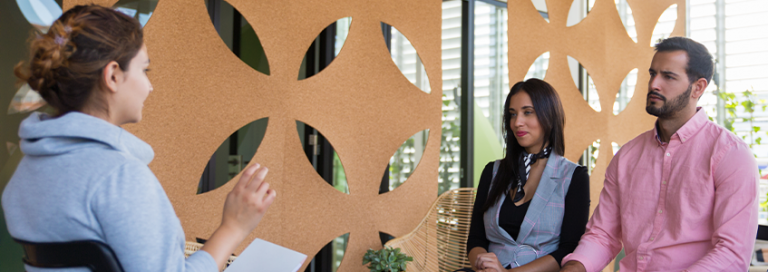
Primary School Savremena has enrolment and education counsellors, as well as parent involvement coordinators. These two important services are performed by well-trained and reliable employers who represent the link between parents and the school, even when the teacher is temporarily unavailable. In addition, we have an official email address where parents can always get relevant and timely answers to all their questions. Our school is a well-organised unit where the individual does not overshadow the system. Our organisation does not personalise merits, because student education is carried out equally by the school psychologist, counsellor, teachers of elective courses, and assistant teacher in after-school care. Teaching responsibilities are shared by a whole team of people.
It is a system designed to make as few mistakes as possible, and to raise the responsibility for the sensitive teaching profession to a higher level, so it could get the acknowledgement it deserves. This way, our 21st-century school keeps up with the changes that have occurred in all segments of society, including education.


